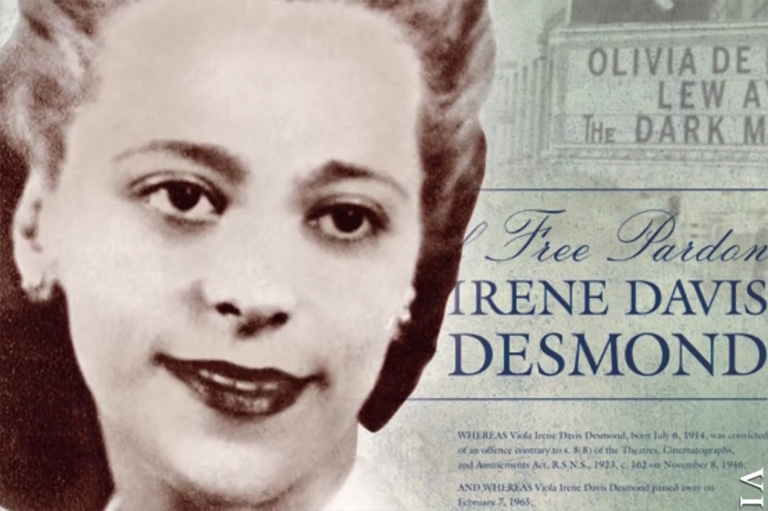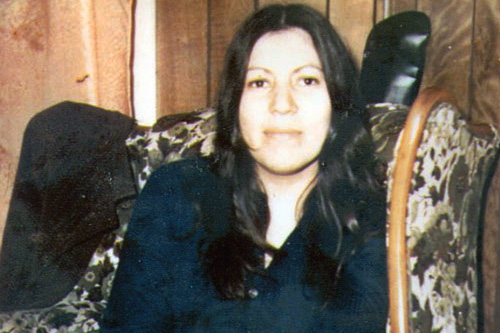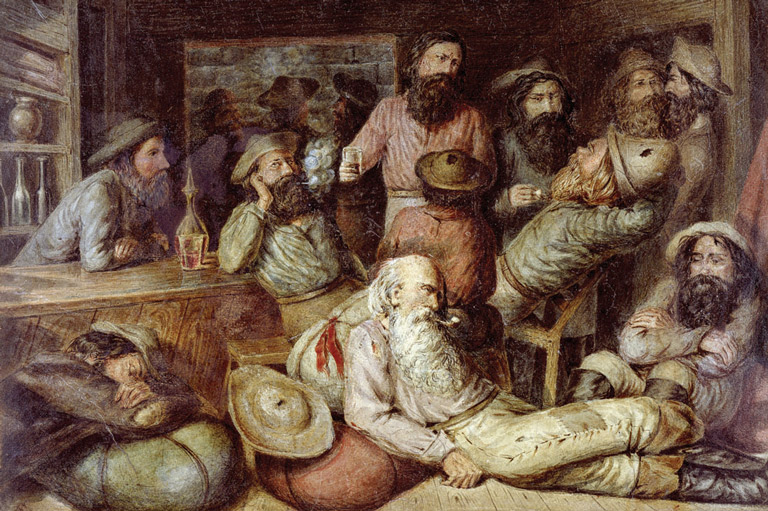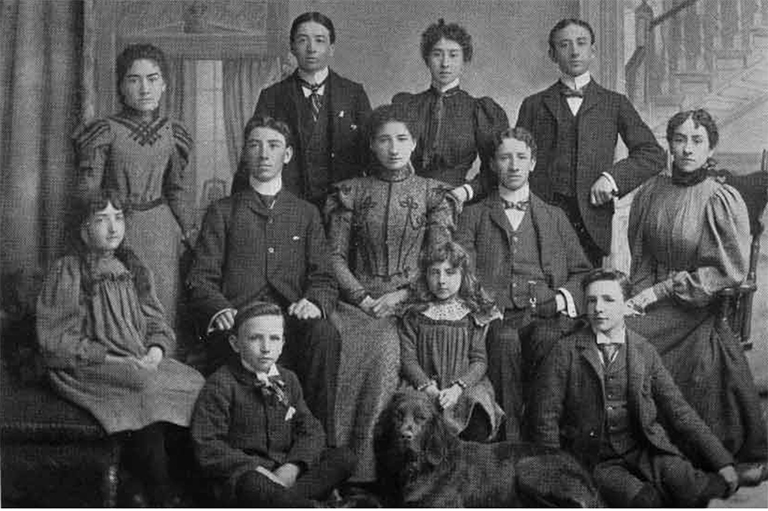Judy LaMarsh
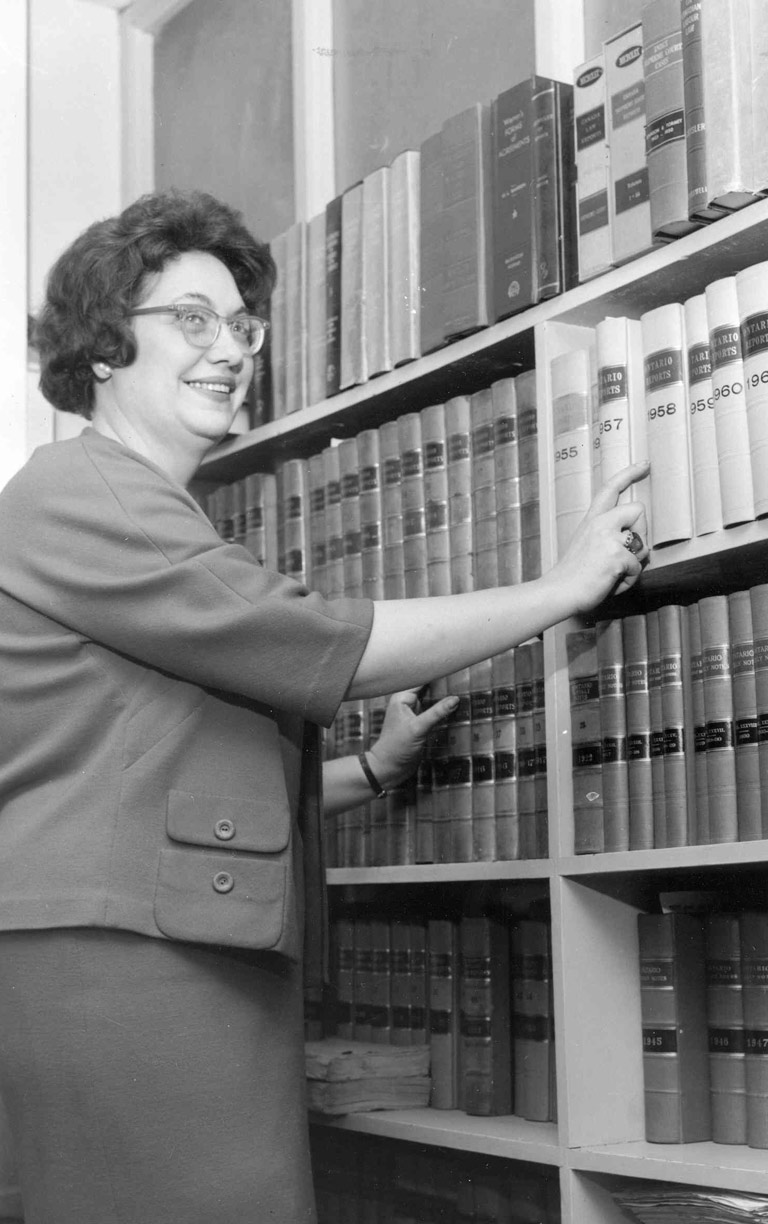
For Julia (Judy) Verlyn LaMarsh, politics and law were bred in the bone. Born in southern Ontario one hundred years ago on December 20, 1924, LaMarsh was the daughter of Clayton LaMarsh, a lawyer who faithfully campaigned for the Liberal Party.
After serving in the Canadian Women’s Army Corps during the Second World War, LaMarsh trained as a lawyer and worked side by side with her dad in his Niagara Falls office. At a time when few women practised law or were elected to office, she won a by-election in 1960 that eventually catapulted her to powerful federal cabinet posts after the Liberals formed government in 1963 under Prime Minister Lester B. Pearson.
Bold, outspoken, and often ridiculed in the media, LaMarsh pushed forward major initiatives, including the Canada Pension Plan, Medicare, the Canadian Radio and Television Commission, and the Royal Commission on the Status of Women in Canada. In 1963, as health minister, she became the first major government official in the world to declare that tobacco smoking was hazardous to health.
With 7 uniquely curated newsletters to choose from, we have something for everyone.
Advertisement
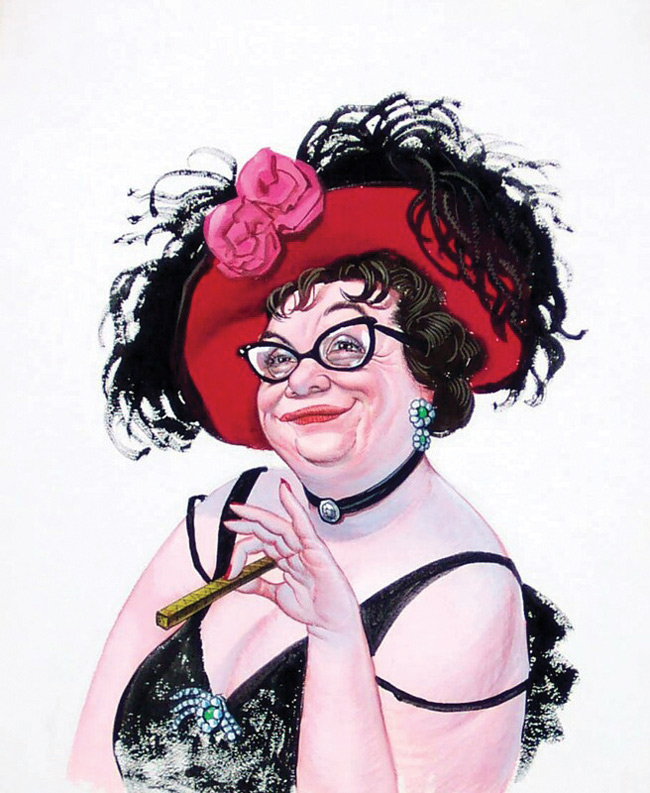
After eight years as an MP, LaMarsh left politics in 1968 when Pierre Elliott Trudeau became Liberal leader. Deeply disillusioned, she wrote Memoirs of a Bird in a Gilded Cage, a bestseller in which she described Trudeau as “ruthless” and Pearson as weak and vacillating. She also described her treatment by the media: “My clothes, my stockings, my wigs were a matter of public discussion…. Columnists asked me about anything and everything, except my job.”
LaMarsh spent a few years in the media herself, hosting national CBC radio programs from 1974 to 1976. She also chaired the Ontario government’s Royal Commission on Violence in the Communications Industry, which made controversial recommendations opposed by civil-liberty groups, who said they violated free speech.
If you believe that stories of women’s history should be more widely known, help us do more.
Your donation of $10, $25, or whatever amount you like, will allow Canada’s History to share women’s stories with readers of all ages, ensuring the widest possible audience can access these stories for free.
Any amount helps, or better yet, start a monthly donation today. Your support makes all the difference. Thank you!
Themes associated with this article
Advertisement
Save as much as 40% off the cover price! 4 issues per year as low as $29.95. Available in print and digital. Tariff-exempt!

